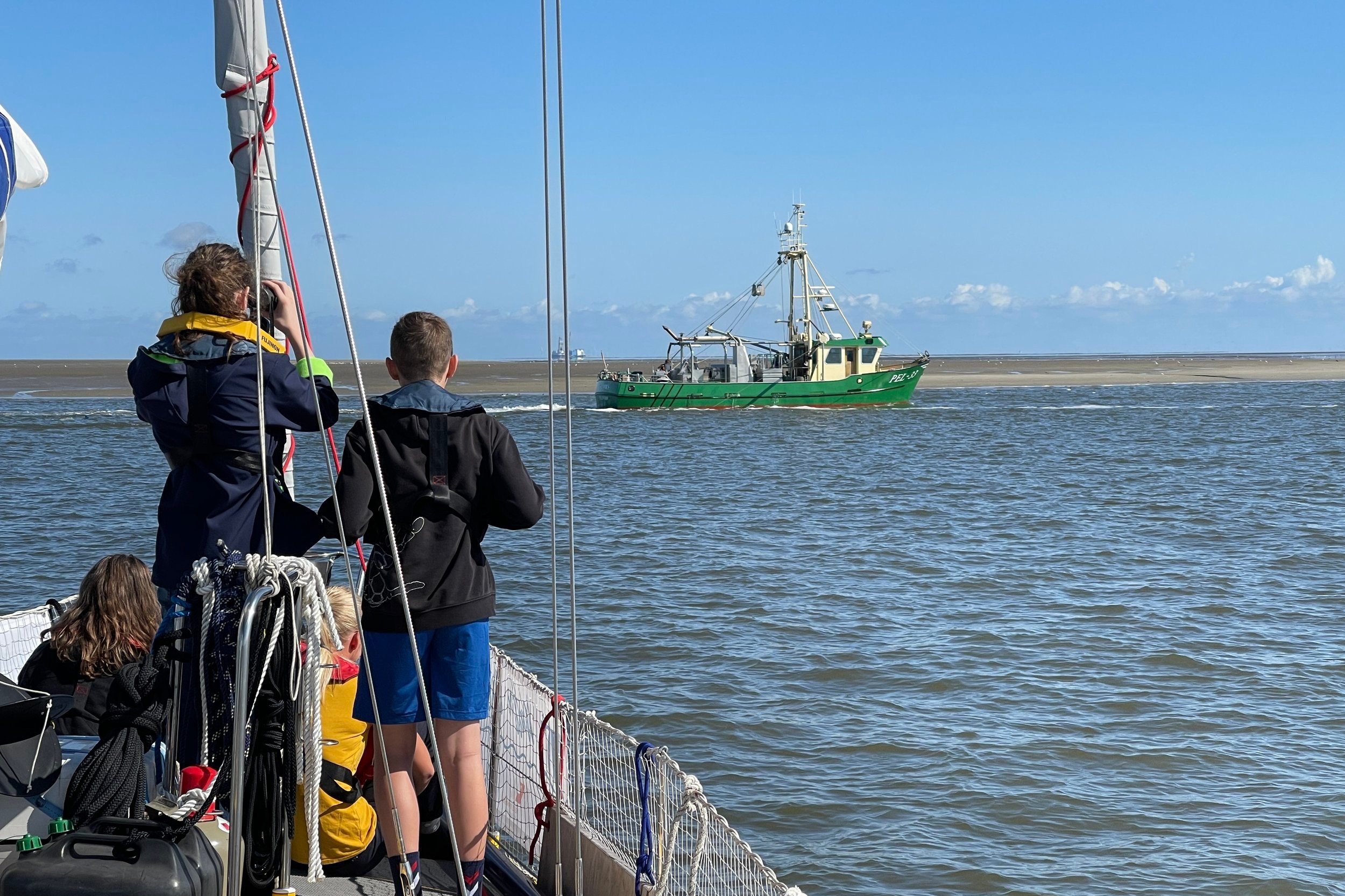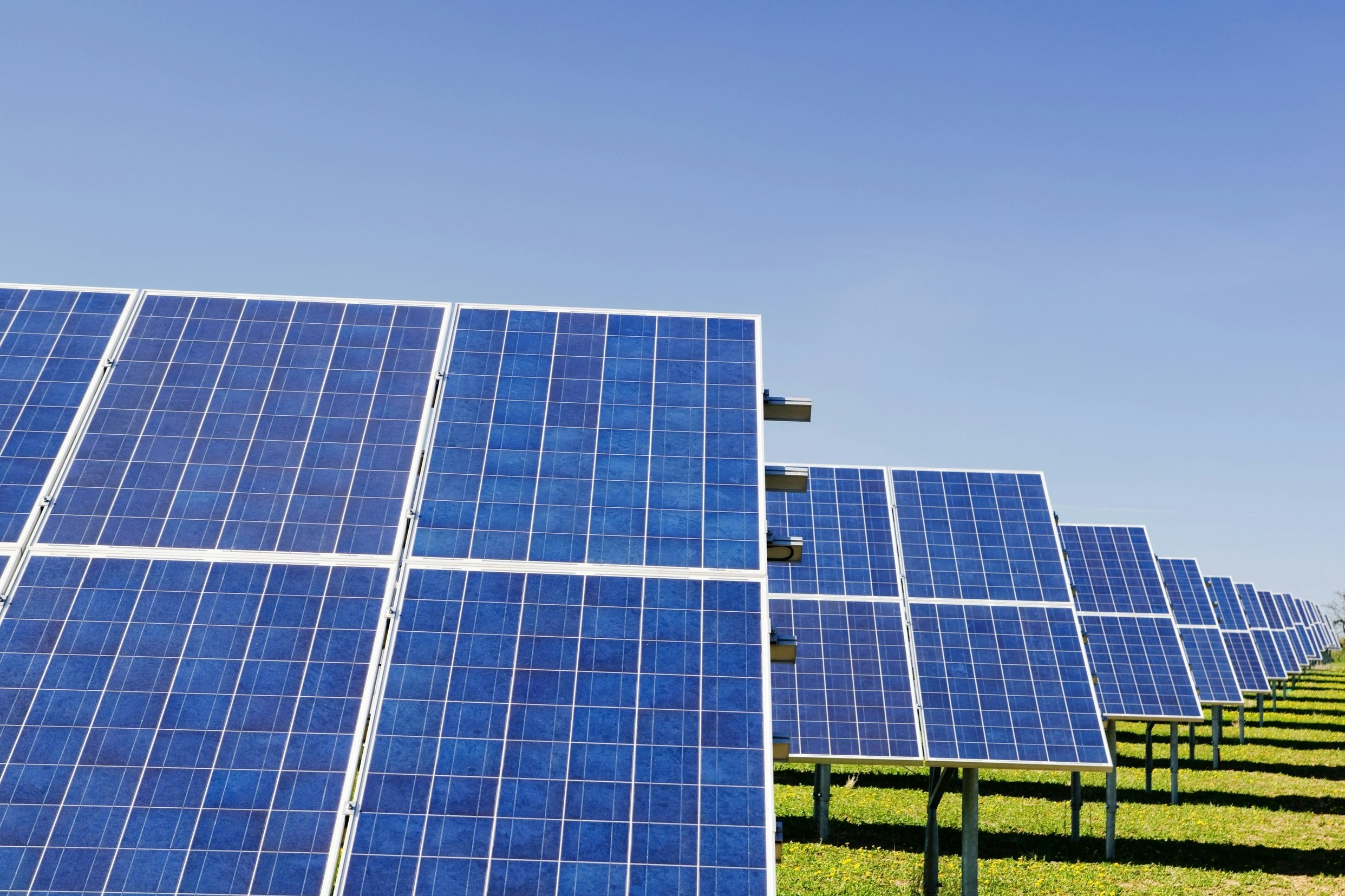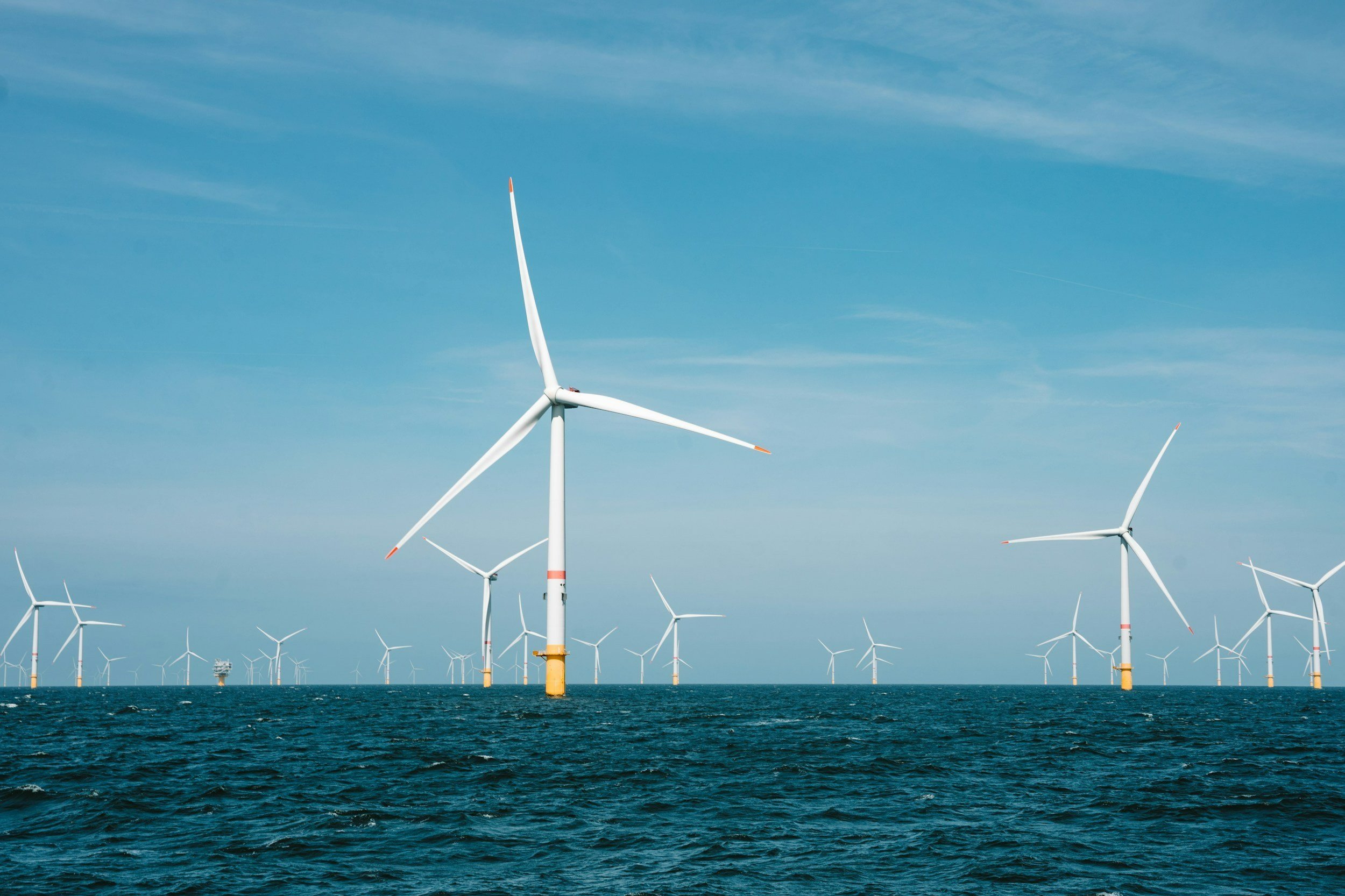
Positions
Die Deutsche Meeresstiftung wird nach Möglichkeit konkrete Positionen zu wichtigen Meeresfragen beziehen und diese in Form von politischen Briefings hier auf der Website veröffentlichen.
Da diese Arbeit viel Erfahrung und Know-how erfordert, werden diese Briefings hauptsächlich mit Partnern aus unseren Netzwerken in Deutschland, Europa und der ganzen Welt entwickelt, wie z.B. dem Deutschen Naturschutzring (DNR), Rise Up For The Ocean, der High Seas Alliance, der Ocean and Climate Platform und der der International Union for the Conservation of Nature.
Wir sind dankbar über weitere Vorschläge und Positionen, die sie uns gerne per Mail schicken: policy@meeresstiftung.de.
-

Schutz der Hohen See
Als Mitglied der High Seas Alliance fordert die Deutsche Meeresstiftung die Bundesregierung auf, das Übereinkommen der Vereinten Nationen zum Schutz der biologischen Vielfalt jenseits der nationalen Gerichtsbarkeit zu ratifizieren, mit dem ein Schutzmechanismus für 30 % der Weltmeere außerhalb der nationalen Gerichtsbarkeit geschaffen werden soll. Zu diesem Gebiet gehören einige der biologisch wichtigsten, am wenigsten geschützten und am stärksten bedrohten Ökosysteme der Welt.
Die Deutsche Meeresstiftung fordert die Bundesregierung auf, den Hochseevertrag zügig zu ratifizieren und für eine rasche Umsetzung zu sorgen. Der Schutz der Hohen See ist nicht nur eine ökologische Notwendigkeit, sondern eine globale Verantwortung, und die Bundesregierung muss entschlossen handeln.
Wir freuen uns über die Verabschiedung des historischen Hochseevertrags, eines bahnbrechenden Abkommens zum Schutz der Meere, und begrüßen das Engagement der deutschen Regierung durch ihre Unterschrift. Echte Fortschritte hängen jedoch von schnellem und entschlossenem Handeln ab: Wir fordern die Regierung auf, der Ratifizierung Vorrang einzuräumen und sicherzustellen, dass dieser Vertrag zu einem Katalysator für einen sinnvollen und dauerhaften Schutz der Hohen See wird.
-

Deep-sea mining
Die Forderung nach einem Moratorium für den Tiefseebergbau gewinnt an Boden. Staaten, Unternehmen und Wissenschaftler betonen, dass mehr Forschung nötig ist, bevor Tiefseebergbau durchgeführt werden kann. Die Deutsche Meeresstiftung unterstützt ein Moratorium und schließt sich der Aufforderung von RiseUp an die Regierungen an, sofort und entschieden zu handeln:
Öffentliche Unterstützung eines Moratoriums für den Tiefseebergbau, um irreversible Schäden für den Ozean zu verhindern.
Ablehnung der Unterstützung oder Genehmigung von Anträgen für den Abbau von Mineralien in der Tiefsee.
Sich für einen Rahmen zum Schutz der Ozeane einsetzen, der auf Gerechtigkeit, dem Vorsorgeprinzip, Multilateralismus und der gerechten Verwaltung unserer gemeinsamen globalen Ressourcen beruht.
-

Biodiversity
The protection of marine biodiversity is not only of central importance for the ecological balance, but also for the basis of human life. Marine animals and plants play an important role in regulating the climate and are essential for the production of oxygen and the absorption of CO₂. The loss of biodiversity jeopardizes many economic sectors that depend on healthy marine ecosystems, such as fisheries and tourism. Protected areas and international programs such as the UN Decade on Ecosystem Restoration could halt the loss of biodiversity and promote the regeneration of marine habitats. Sustainable use of the ocean thus ensures not only its beauty, but also its essential function for the global ecosystem and, not least, the survival of humankind on our planet.
-

Baltic Sea National Park
Der Nationalpark Ostsee ist ein aus der Zeit gefallendes Beispiel für den Versuch sensible marine Ökosysteme in einer Region mit hohem ökologischen und wirtschaftlichen Druck zu schützen. Die wahrhaftige Lösung zum Schutz der Ostsee liegt darin, zunächst den Eintrag von Dünger aus der industriellen Landwirtschaft zu stoppen und die von der Wissenschaft vorgegebenen Fangquoten für die Fischerei auch tatsächlich umzusetzen. Nur mit diesen beiden Maßnahmen können Lebensräume für zahlreiche bedrohte Arten geschützt werden und überfischte Fischbestände sich erholen. Aus unserer Sicht wäre statt rigorosen Verboten, das nachhaltige Nebeneinander und Miteinander von Mensch, Natur und dem Ozean, das angesagte Ziel. Ein wesentliches Element dazu ist ein nachhaltiger Tourismus, der die regionale Wirtschaft stärkt und das Bewusstsein für den Schutz der Meere schärft. Durch die gezielte Förderung von Bildungs- und Forschungsprojekten und der massiven Steigerung des Meeresbewußtseins tragen Schutzgebiete dazu bei, innovative Ansätze für den Schutz der Meere zu entwickeln.
-

Renewable energy
Renewable energies are currently the most effective measure for marine protection and are crucial for the transition to a climate-neutral future, as they replace fossil fuels and reduce CO₂ emissions. Solar energy and solar thermal energy in particular have enormous potential to supply large amounts of clean electricity, even in our latitudes. The expansion of such technologies helps to achieve climate targets and create jobs in the green economy at the same time. In addition, the use of renewable energies reduces dependence on imported fossil fuels, which strengthens energy self-sufficiency, security of supply and peace in the world. By protecting and integrating marine ecosystems into these projects, renewable energies can also be reconciled with the preservation of biodiversity. Regardless of politics, every citizen can take immediate action for their own benefit.
-

Offshore wind energy
Offshore-Windenergie ist eine wichtige Technologie für die Energiewende, da sie große Mengen sauberen Stroms mit minimaler Flächenbeanspruchung liefert. Windparks auf dem Meer können besonders effizient arbeiten, da die Windgeschwindigkeiten hier höher und konstanter sind als an Land. Moderne Technologien ermöglichen den Bau von Windparks, die mit marinen Ökosystemen koexistieren und den Einfluss auf Flora und Fauna minimieren. Außerdem bieten die Fundamente der Offshore Windanlagen wertvolle Rückzugsgebiet te für Ökosystem, die normalerweise von der Fischereizerstört würden.
-

Ocean literacy
Awareness of the importance of the ocean is a fundamental prerequisite for its protection and sustainable use. Many people are unaware of how much they depend directly or indirectly on the ocean - be it for food, oxygen or climate regulation. Campaigns and educational programmes that promote knowledge about the ocean and the impact of human activities on it can bring about decisive change. Greater ocean awareness motivates individuals and societies to take an active role in protecting the ocean. This creates a broad basis for the implementation of global and regional marine protection measures.
-

Blue Economy
The blue economy combines economic growth with the protection of marine resources and is a key approach to sustainable development. With two-thirds of the Earth's surface covered by the ocean, industries such as sustainable aquaculture, tourism and renewable energy are likely to have the greatest potential to create jobs in the future without irreversibly damaging the environment. They rely on innovations and technologies that promote resource efficiency and environmental protection instead of maximizing short-term profits. Through international cooperation and clear guidelines, the Blue Economy can help preserve marine ecosystems while promoting global prosperity. It shows that economic success and environmental protection can go hand in hand - allowing countries in the Global South in particular to participate fully and fairly in this new development.
-

Marine Strategy Framework Directive (MSFD)
The EU's Marine Strategy Framework Directive (MSFD) is an important political approach to protecting and sustainably using the marine environment. It obliges member states to take measures to achieve a "good environmental status" in all European seas by 2027. The directive provides a clear framework to counteract environmental pressures such as overfishing, pollution and habitat destruction. At the same time, it promotes scientific research to better understand the impact of human activities on the ocean. The MSFD lays the foundation for the long-term protection of European marine areas, the goals of which have been postponed again and again after repeated failures to achieve them. We urgently call for these rules to be continued and for compliance measures to be significantly strengthened.
-

UN Decade on Ecosystem Restoration
The UN Decade on Ecosystem Restoration (2021-2030) places a global focus on restoring degraded habitats, including marine ecosystems. The initiative emphasizes the importance of a healthy ocean for global climate regulation, biodiversity conservation and food security. Through international cooperation and innovative projects, damaged coral reefs, seagrass beds and mangroves are to be restored. These measures not only help the environment, but also the coastal communities that depend directly on marine resources. The Decade is an urgent call to action to provide future generations with intact ecosystems.
-

Permaculture
In addition to climate change, the biggest problem for the ocean, mainly in industrialized countries, is the input of toxins and fertilizers from industrial agriculture. The solution to this would be an immediate switch to sustainable agriculture or forms of modern permaculture. Permaculture offers a holistic approach to agriculture that is more sustainable, regenerative and environmentally and ocean friendly compared to industrial agriculture, because it is based on natural cycles and promotes the regeneration of soils that are often depleted by monocultures and chemical fertilizers in industrial agriculture. Healthy soils store more carbon, reduce erosion and increase water holding capacity, making permaculture a viable long-term solution.
Permaculture is adaptable and more resilient to the effects of climate change. Mixed crops and diversified systems are less susceptible to weather extremes and pest infestations than large-scale monocultures.
Permaculture promotes local economic cycles and enables local communities in particular to produce their own food sustainably on a small scale. In combination with local markets, it reduces dependence on global agricultural markets and makes people less dependent on the pricing policies of supermarkets. -

Zero pollution and the circular economy
Zero pollution and the circular economy are indispensable concepts for protecting the oceas from the effects of human activities. Plastic waste, chemicals and other pollutants threaten biodiversity and the health of marine ecosystems. Through innovative technologies that reduce and recycle waste, we must promote the transition to a circular economy globally. A pollution-free marine environment not only improves the quality of life for marine organisms, but also ensures the survival of people on our planet.
-

Carbon Capture and Storage Verpressen im Ozean
Die Verpressung von CO₂ im Ozean durch Carbon Capture and Storage (CCS) wird von der fossilen Energieindustrie immer noch als favorisierte Lösung für die riesigen Mengen an CO₂ propagiert, obwohl bekannt ist, dass das Verfahren im Vergleich zur Entwicklung erneuerbarer Energien zu teuer und nicht nachhaltig ist.
Die Auswirkungen, die diese Technologie auf den Ozean haben könnte, müssen noch ermittelt werden und könnten zu weit größeren Problemen führen, als wir heute einschätzen. Diese Technologie ist keineswegs die von den Lobbyisten der fossilen Brennstoffe propagierte Übergangslösung.
-

Transformation of subsidies
The transformation of environmentally harmful subsidies is essential in order to immediately stop environmentally harmful practices in marine use and promote existing sustainable alternatives. Currently, considerable amounts of money are still flowing into supporting overfishing, fossil fuels or environmentally harmful tourism. By redistributing subsidies towards sustainable technologies and practices, the transition to a blue economy can be accelerated and many new jobs created. This transformation would not only strengthen the protection of the ocean, but also promote innovative economic sectors that are more stable in the long term. It is a key lever for reconciling ecological and economic goals.
